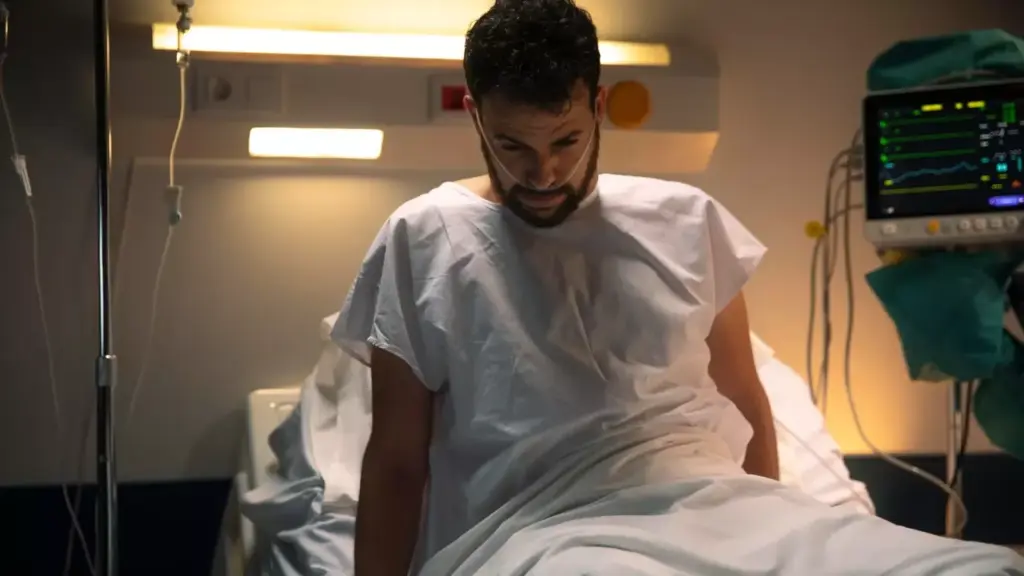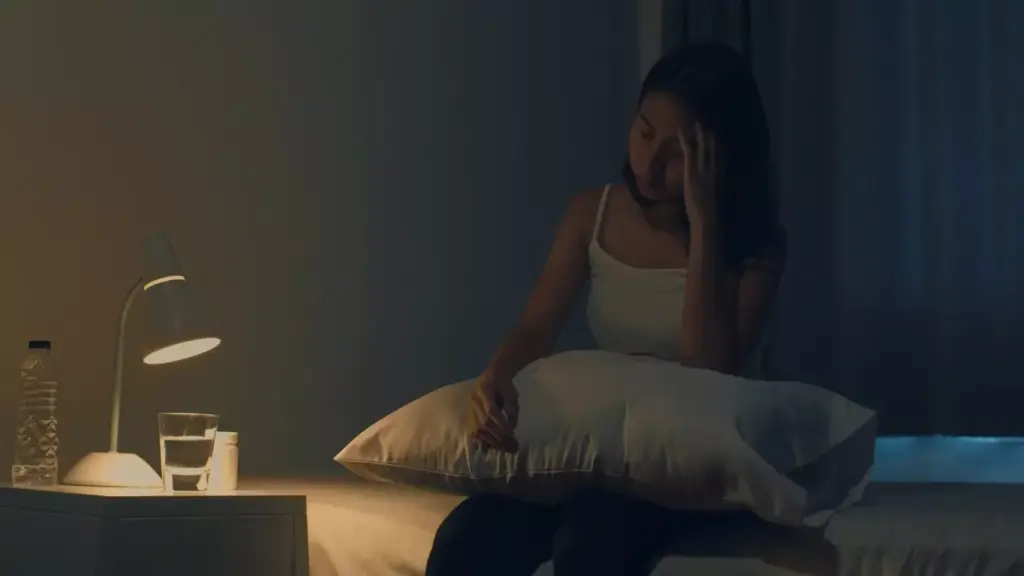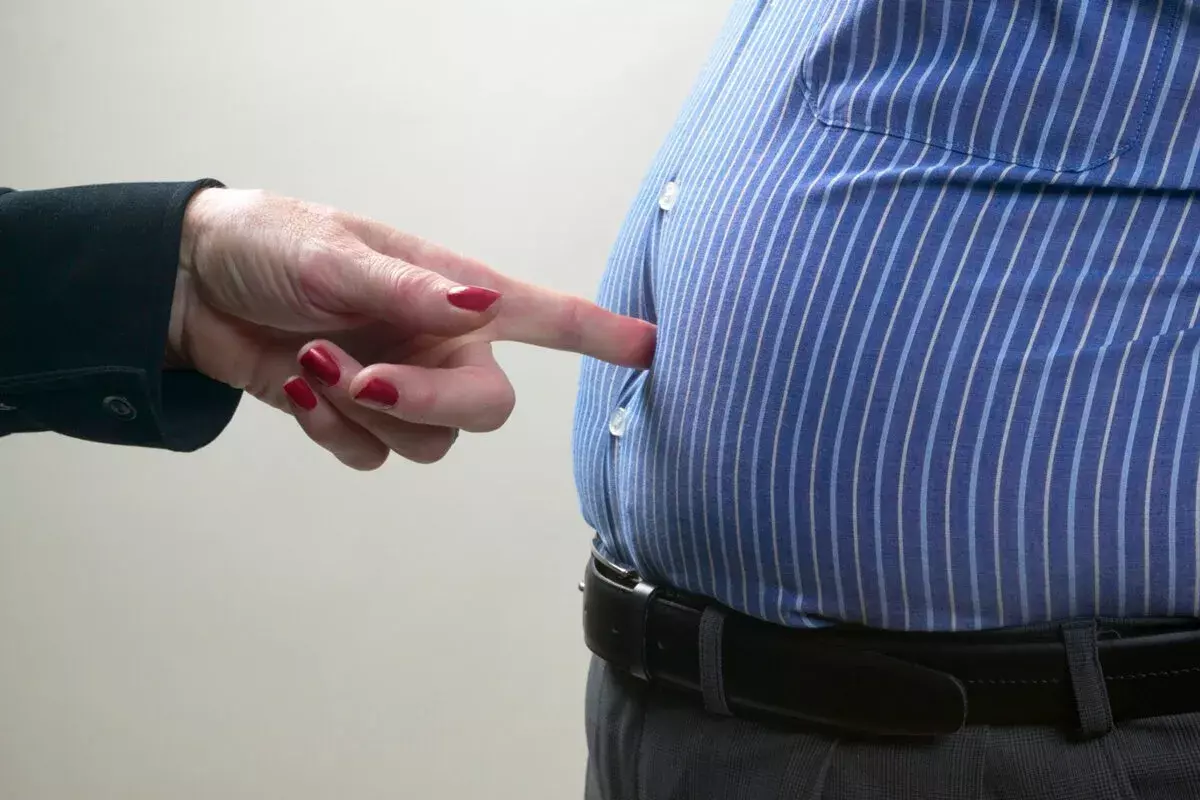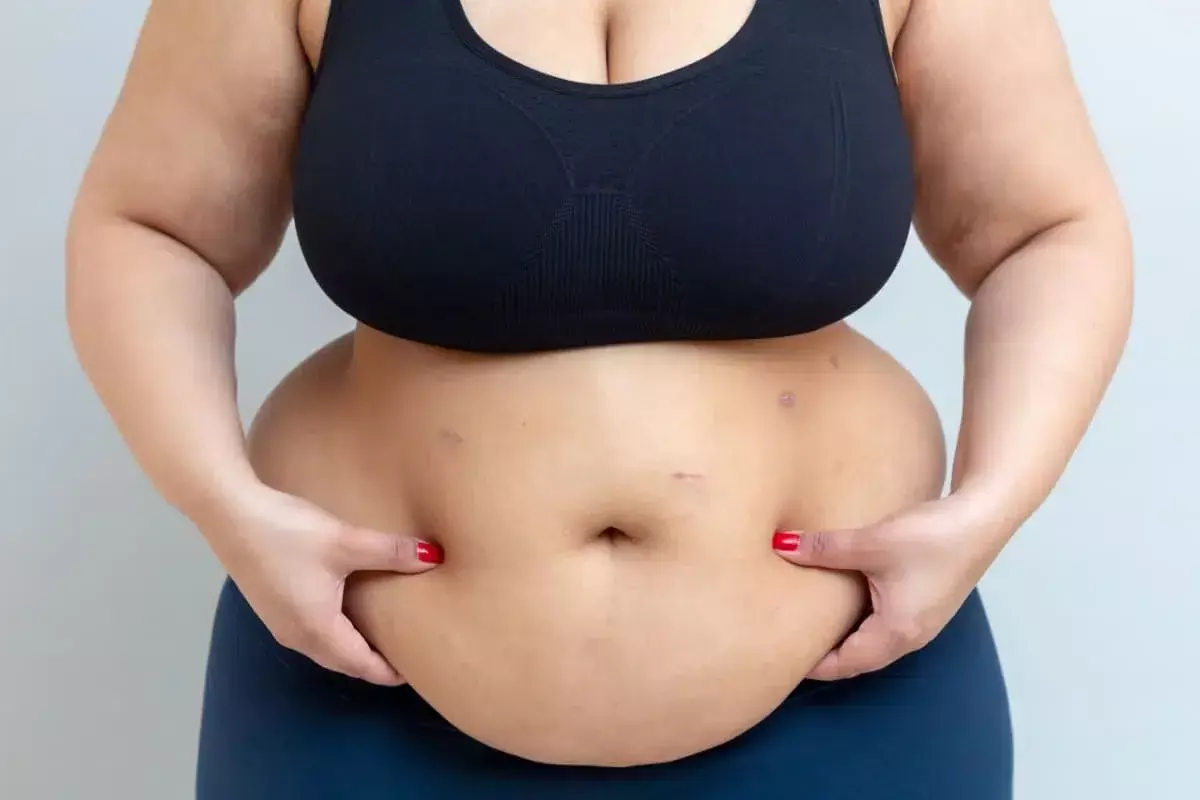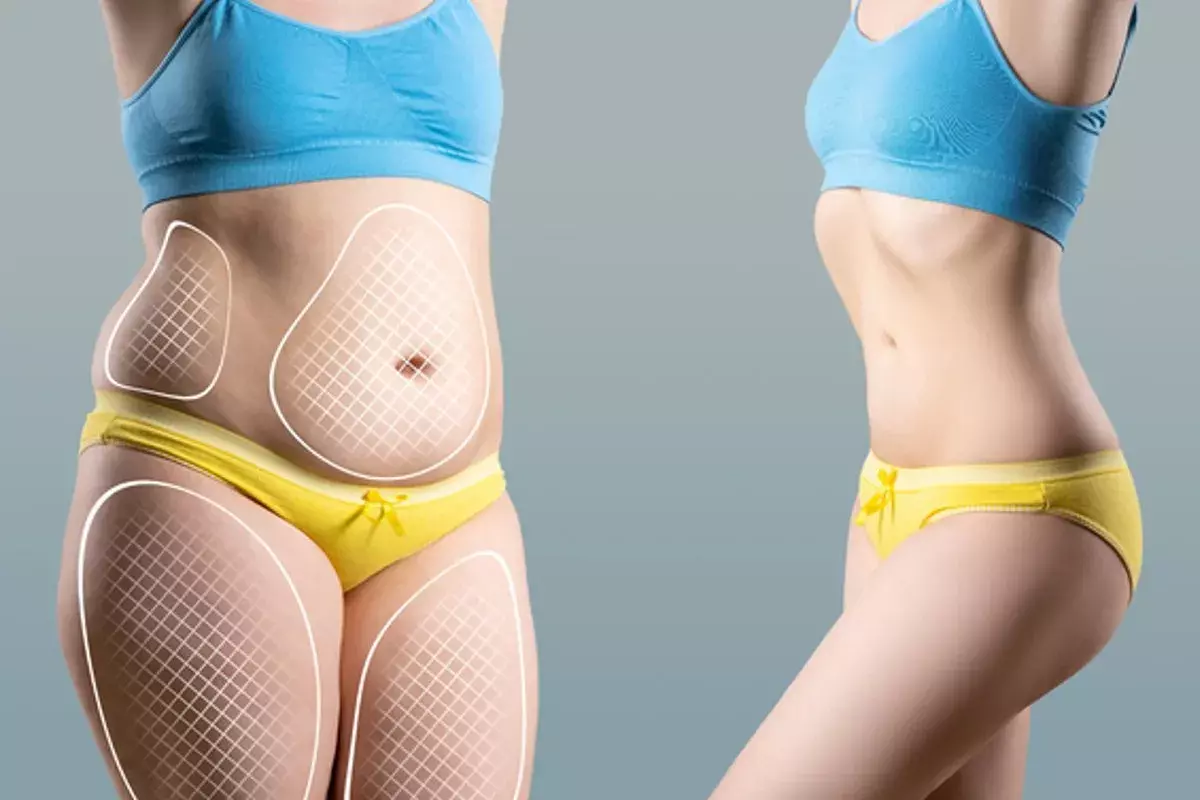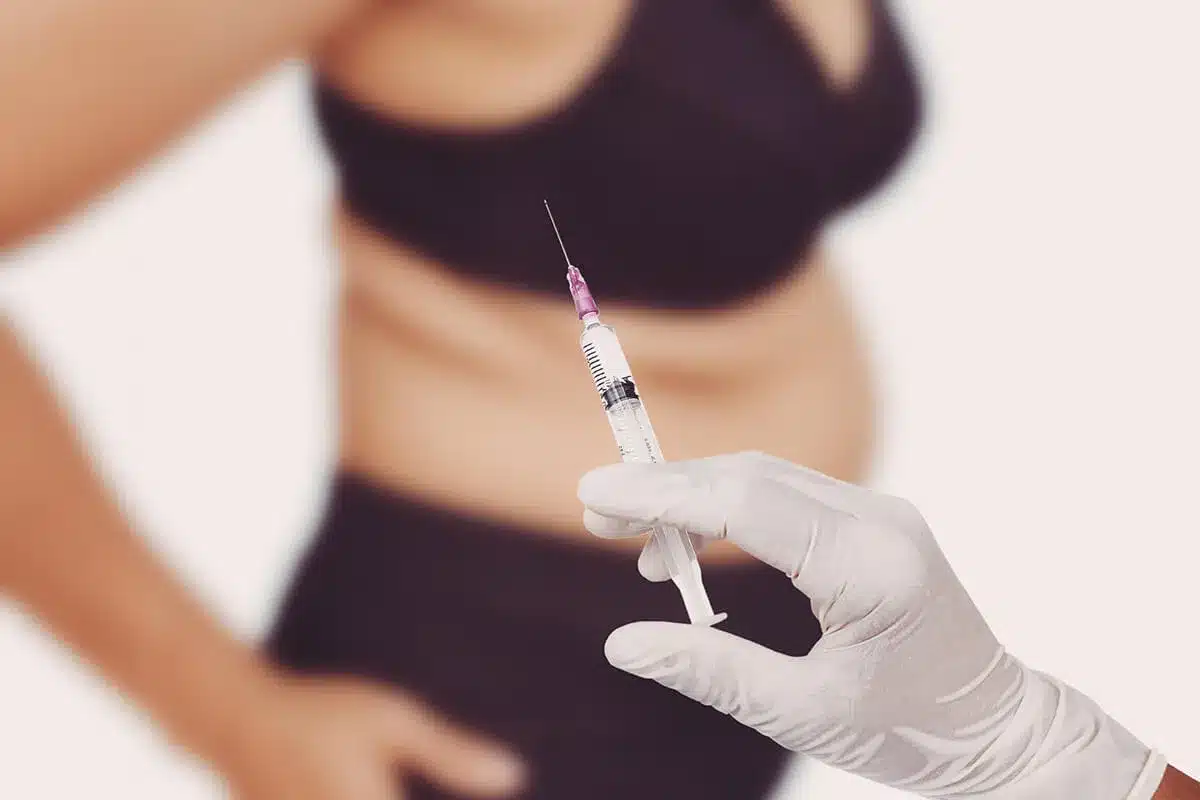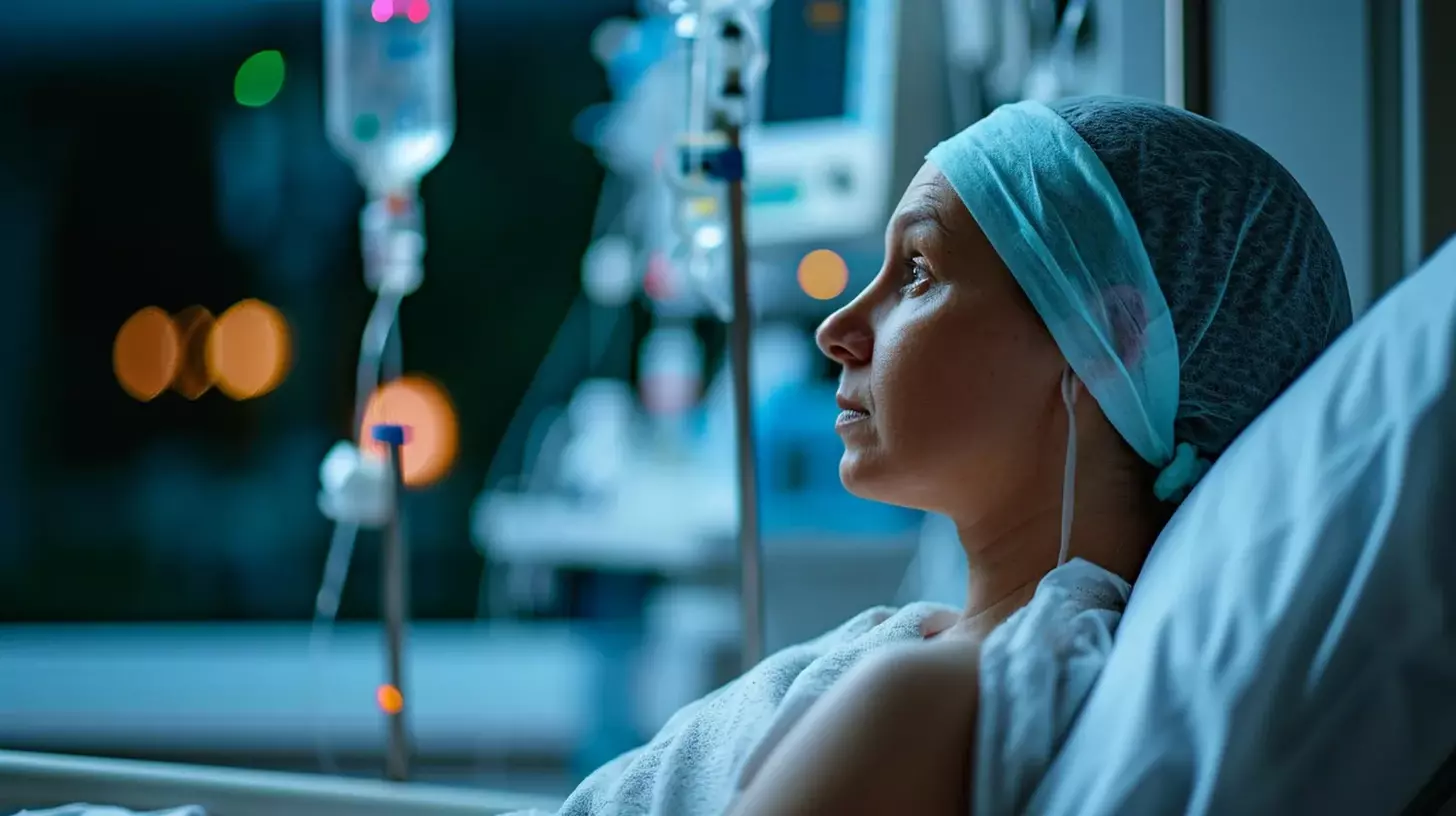
Cancer patients often deal with a tough side effect called cancer fatigue. It’s more than just feeling tired. At Liv Hospital, we know how much this exhaustion can affect daily life and happiness.
Over 80% of those getting chemotherapy or radiotherapy feel this deep fatigue. It doesn’t get better with rest and can last long after treatment stops. Knowing about cancer related fatigue symptoms is key to managing it and improving life quality.
We understand how hard chemotherapy tiredness can hit patients. We’re here to offer full support. In this article, we’ll dive into the main facts about chemotherapy tiredness and cancer fatigue. We aim to help you understand and cope with this tough part of cancer care.
Key Takeaways
- Understanding cancer fatigue is key to managing it well.
- Chemotherapy tiredness hits over 80% of cancer patients.
- This condition lasts long, even with rest, and can go on for years.
- Spotting the symptoms is the first step to better care.
- There’s a lot of support out there to help with chemotherapy tiredness.
What Makes Chemotherapy Tiredness Different from Normal Fatigue
Chemotherapy tiredness is not like regular tiredness. It doesn’t just go away with rest. It’s a deep, lasting exhaustion that makes daily life hard and lowers your quality of life.
The Unique Nature of Cancer-Related Fatigue
Cancer-related fatigue is much worse than regular tiredness. It lasts a long time and doesn’t get better with sleep or rest. This fatigue feels overwhelming and can really hurt your body and mind.
“Cancer-related fatigue is a distressing, persistent, subjective sense of tiredness or exhaustion related to cancer or cancer treatment that interferes with usual functioning.”
Why Rest Doesn’t Resolve Chemotherapy Tiredness
There are many reasons why chemotherapy tiredness doesn’t go away. Inflammation is a big part of it. Inflammatory cytokines like IL-6 and TNF-α lower your energy and make you feel very tired.
| Factors Contributing to Chemotherapy Tiredness | Description |
|---|---|
| Inflammatory Responses | Increased levels of inflammatory cytokines like IL-6 and TNF-α |
| Chemotherapy Side Effects | Direct impact of chemotherapy drugs on the body’s energy levels |
| Anemia and Nutritional Deficiencies | Common side effects that can make fatigue worse |
Knowing why chemotherapy tiredness happens is key to fighting it. By understanding cancer-related fatigue and its causes, doctors can find better ways to help patients.
The Widespread Impact of Cancer-Related Fatigue
Cancer-related fatigue is a big problem for many patients getting cancer treatment. It’s not just a small side effect. It’s a serious condition that really affects a patient’s life quality.
We know that cancer-related fatigue is a big part of cancer treatment. It affects patients in many ways. Understanding how common it is and its impact is key to helping patients fully.
Affecting 80% of Patients Undergoing Treatment
Research shows that over 80% of patients getting chemotherapy or radiotherapy feel cancer-related fatigue. This number shows just how common this issue is.
Fatigue can affect patients differently, but it’s a common problem for those getting treatment. It’s not just feeling tired. It’s a deep lack of energy that makes everyday tasks hard.
Most Susceptible Cancer Types and Treatments
Some cancers and treatments lead to more fatigue. For example, patients with leukemia or lymphoma getting chemotherapy often feel very tired.
| Cancer Type | Treatment Type | Prevalence of Fatigue |
|---|---|---|
| Leukemia | Chemotherapy | 85% |
| Lymphoma | Radiotherapy | 80% |
| Breast Cancer | Combination Therapy | 90% |
This table shows how common fatigue is with different cancers and treatments. It’s clear that cancer-related fatigue is a big worry for many patients.
The Science Behind Chemotherapy Tiredness
Chemotherapy tiredness comes from how our body reacts to treatment. It’s not just about fighting cancer cells. It’s also about the changes it causes in our body that lead to feeling very tired.
Inflammatory Responses as Key Contributors
Studies have found that inflammation is a big part of chemotherapy tiredness. When we get chemotherapy, it sets off a chain of inflammatory markers in our body.
Cytokines are important in this process. They help our body fight off infections.
The Critical Role of Cytokines IL-6 and TNF-α
IL-6 and TNF-α are cytokines linked to feeling tired during chemotherapy. IL-6 helps control our immune system and inflammation.
TNF-α is another cytokine that causes inflammation. High levels of these cytokines make patients feel more tired during treatment.
| Cytokine | Role in Inflammation | Impact on Fatigue |
|---|---|---|
| IL-6 | Regulates immune response and inflammation | Elevated levels associated with increased fatigue |
| TNF-α | Involved in systemic inflammation | Contributes to the development of chemotherapy tiredness |
Understanding how inflammation and cytokines like IL-6 and TNF-α work helps us see why we get tired from chemotherapy. This knowledge is key to finding ways to lessen this side effect.
Physical Manifestations of Cancer-Related Fatigue
Cancer-related fatigue can be very tough, making everyday tasks hard. People with cancer often feel very tired, not just after treatment. This tiredness can make it hard to do simple things.
Overwhelming Exhaustion During Daily Activities
Feeling very tired during daily activities is a big problem. Even simple tasks like cooking, cleaning, or taking a shower can be too much. As one patient said,
“I used to love gardening, but now even watering my plants leaves me drained.”
This tiredness isn’t just about being tired. It can also make you lose the will to do things you used to enjoy.
Patients often say they feel like they’re “running on empty” or that their “batteries are drained.” This constant tiredness can make daily life and socializing hard. It can even make people feel alone.
Impact on Mobility and Physical Functioning
Cancer-related fatigue also hurts mobility and physical ability. People might find it hard to do tasks that need physical strength. This can make it hard to live independently and enjoy life.
For example, a patient might struggle to climb stairs, walk long distances, or stand for a long time. This can be tough for those who live alone or have jobs that need them to be active.
Understanding cancer-related fatigue is key to helping patients. By knowing how it affects people, we can help them manage their condition better. This can improve their life quality a lot.
Cognitive and Emotional Dimensions of Cancer Fatigue
Cancer-related fatigue is more than just feeling tired. It also affects your mind and emotions. Patients going through cancer treatment face many symptoms that mess with their mental clarity and happiness.
“Chemo Brain” and Concentration Difficulties
“Chemo brain” is a big challenge for many. It makes it hard to focus, remember things, and think clearly. Up to 75% of those getting chemo say they struggle with their thinking.
Researchers think that inflammation and hormonal changes from chemo might cause “chemo brain.” These problems can make everyday tasks hard, affect work, and limit social life.
| Cognitive Symptoms | Percentage of Patients Affected |
|---|---|
| Memory Problems | 60% |
| Difficulty Concentrating | 55% |
| Learning New Information | 45% |
Emotional Burden and Its Connection to Depression
The emotional side of cancer fatigue is very real. Feeling tired all the time and dealing with cancer can be very stressful. This stress can lead to feelings of frustration, anxiety, and sadness, sometimes even depression.
Depression is a big worry for cancer patients. It affects a lot of them. The emotional toll of cancer fatigue can make people feel isolated and hopeless. It’s important for doctors to help with these feelings too.
It’s key to understand the mind and emotional sides of cancer fatigue. By seeing how physical, mental, and emotional symptoms all connect, doctors can offer better care. This can help improve patients’ lives a lot.
Gender Disparities in Experiencing Chemotherapy Tiredness
Women may feel more tired when they have chemotherapy than men. Studies show women are 69% more likely to feel very tired from cancer treatment.
Why Women Are 69% More Likely to Experience Severe Fatigue
Women might feel more tired from chemotherapy because of how their bodies work. Physiological differences in drug processing are key. Body fat and muscle mass can change how drugs are broken down.
Hormonal changes also play a part. For example, changes in estrogen can affect energy and tiredness.
Physiological Differences in Drug Processing
Men and women process chemotherapy drugs differently. Drug metabolism is affected by liver enzymes, kidney function, and body type.
| Physiological Factor | Impact on Drug Metabolism |
|---|---|
| Liver Enzyme Activity | Affects the rate at which drugs are metabolized |
| Kidney Function | Influences the excretion rate of drugs |
| Body Composition | Impacts drug distribution and storage |
Knowing these differences helps doctors create better treatment plans. This can help reduce severe fatigue in women with chemotherapy.
The Timeline of Cancer-Related Fatigue
Cancer-related fatigue has a different timeline for everyone. Knowing this timeline helps manage expectations and improve life quality during and after treatment.
When Fatigue Typically Begins During Treatment
Fatigue can start at any time during treatment. Studies show it can begin in the first few weeks of chemotherapy or radiation. The body’s reaction to treatment, like inflammation, plays a big role.
As treatment goes on, fatigue often gets worse. Other symptoms like pain or nausea can make it even harder. It’s important for patients to tell their doctors about their fatigue so treatment plans can be adjusted.
Post-Treatment Persistence: Weeks, Months, or Years
How long fatigue lasts after treatment ends varies a lot. Some people feel better over time, while others stay tired for weeks, months, or even years.
- Short-term persistence: Some people get better in a few months after treatment.
- Long-term persistence: Others stay tired for a long time, sometimes years.
- Factors influencing persistence: The type and intensity of treatment, age, and other health issues can affect how long fatigue lasts.
Knowing these patterns helps us tailor support and interventions for each patient. By understanding the variability in fatigue timelines, we can help patients manage their symptoms better and improve their overall well-being.
It’s key to offer ongoing support and monitoring for those with long-lasting fatigue. This way, we can meet the complex needs of cancer survivors and improve their quality of life.
Medical Approaches to Managing Chemotherapy Tiredness
Chemotherapy tiredness is a tough side effect of cancer treatment. It can be managed with different medical methods. We know that fatigue from cancer is complex and affects people in different ways. So, managing it needs a plan that fits each person.
Healthcare providers use several ways to help with chemotherapy tiredness. They use medicines to lessen fatigue and tackle the reasons behind it.
Pharmacological Interventions for Severe Fatigue
For those with very tiredness, medicines can help a lot. Some medicines used are:
- Psychostimulants: Drugs like methylphenidate can help some cancer patients feel less tired.
- Antidepressants: Some antidepressants can help with depression, which often goes with tiredness.
- Ginseng and Other Supplements: Ginseng might help with cancer-related tiredness, but more studies are needed.
Addressing Underlying Contributors Like Anemia
Anemia is common in cancer patients and makes them very tired. Fixing anemia can boost energy. Ways to do this include:
- Erythropoiesis-Stimulating Agents (ESAs): These medicines help make more red blood cells, fighting anemia.
- Iron Supplements: For iron deficiency anemia, iron pills can help.
- Blood Transfusions: Sometimes, blood transfusions are needed to quickly raise red blood cell count.
By tackling both symptoms and causes of chemotherapy tiredness, doctors can improve life for cancer patients. It’s key for patients to team up with their healthcare team to create a plan for fighting fatigue.
Lifestyle Strategies to Combat Cancer-Related Fatigue
To fight cancer-related fatigue, patients can use several lifestyle tips. These tips help save energy and keep health in check. They are key to managing the condition and improving life quality during and after treatment.
Energy Conservation and Activity Pacing
For those with cancer-related fatigue, saving energy is key. By managing activities and focusing on what’s important, patients can avoid getting too tired. Pacing activities means balancing rest and work to keep energy up all day. It’s wise to divide tasks into smaller parts and take breaks often.
For instance, instead of doing all chores in one day, spread them out. This way, you don’t use too much energy at once. It helps prevent feeling too tired.
| Activity | Recommended Frequency | Tips for Energy Conservation |
|---|---|---|
| Household Chores | 2-3 times a week | Break tasks into smaller chunks, rest in between |
| Exercise | 3-4 times a week | Start with gentle exercises like yoga or short walks |
| Social Activities | 1-2 times a week | Choose low-energy activities, limit duration |
Nutrition and Hydration for Energy Support
Good nutrition and hydration are vital for managing fatigue. Eating a balanced diet full of nutrients keeps energy up. It’s best to eat a variety of foods like fruits, veggies, whole grains, lean proteins, and healthy fats.
Drinking enough water is also important. Aim to drink lots of water all day. Try to avoid too much caffeine and sugary drinks to keep energy steady.
The Paradoxical Benefit of Gentle Exercise
Even gentle exercises like walking or yoga can help with fatigue. Regular exercise boosts energy and reduces fatigue over time. Start with low-intensity exercises and slowly increase them as you get stronger.
Exercise not only boosts physical health but also mental well-being. It helps lower stress and anxiety, which can also help manage fatigue.
Sleep Quality and Its Impact on Chemotherapy Tiredness
It’s important to understand how sleep quality affects chemotherapy tiredness. Cancer patients often face sleep problems, which can harm their health and treatment results.
Disruption of Normal Sleep Patterns by Cancer Treatment
Cancer treatment can mess up sleep patterns. Chemotherapy can change sleep quality. Pain, anxiety, and depression also play a role in sleep issues.
The stress of cancer diagnosis and treatment can make it hard to sleep. This stress can cause daytime fatigue, making it harder to manage tiredness from chemotherapy.
Evidence-Based Sleep Improvement Techniques
There are ways to improve sleep in cancer patients. Cognitive Behavioral Therapy for Insomnia (CBT-I) is a proven method to help with sleep problems.
Relaxation techniques like deep breathing and meditation can also help. Keeping a regular sleep schedule and creating a good sleep environment are key.
- Maintain a dark, quiet sleep environment
- Avoid caffeine and heavy meals close to bedtime
- Engage in regular physical activity, but not before bedtime
By using these strategies, cancer patients can sleep better. This can help reduce tiredness from chemotherapy and improve their life quality.
Conclusion: Navigating Life With Cancer-Related Fatigue
Understanding cancer-related fatigue is key. It involves knowing its causes and how it affects us. Patients and doctors can then work together to fight tiredness from chemotherapy.
We’ve looked at the many sides of cancer fatigue. This includes its physical, mental, and emotional impacts. Knowing these helps us create plans to lessen its effects.
There are many ways to tackle tiredness from chemotherapy. This includes medical treatments, changing our lifestyle, and improving sleep. These steps help patients deal with fatigue and live better lives.
Our journey to understand cancer fatigue continues. We’re dedicated to top-notch healthcare for patients worldwide. Together, we can face the challenges of cancer fatigue and offer hope and strength to those affected.
What is chemotherapy tiredness, and how is it different from normal fatigue?
Chemotherapy tiredness, or cancer-related fatigue, is a deep and lasting exhaustion. It doesn’t get better with rest. It’s caused by the cancer, treatment, and how the body reacts to both.
How common is cancer-related fatigue among patients undergoing treatment?
About 80% of patients getting cancer treatment face some level of fatigue. The exact number can change based on the cancer type, treatment, and the person’s health.
What causes chemotherapy tiredness?
Many things cause chemotherapy tiredness. The cancer itself, the treatment, and the body’s inflammation play a big role. Hormones like IL-6 and TNF-α also affect energy and body function.
How does cancer-related fatigue impact daily life?
It makes everyday tasks hard. It affects physical and mental activities, and emotional health. It can make it tough to focus, remember things, and keep up with friends.
Are there gender differences in experiencing chemotherapy tiredness?
Yes, women tend to feel more tired than men. Studies show women are 69% more likely to feel very tired. Hormonal and drug processing differences might explain this.
How long does cancer-related fatigue last?
It can last a long time. It might start during treatment and keep going for months or years after. How long it lasts depends on the cancer, treatment, and the person’s health.
What are the medical approaches to managing chemotherapy tiredness?
Doctors use medicines to help with severe fatigue. They might give iron or special drugs to help the body make more red blood cells. This can help reduce tiredness.
What lifestyle strategies can help combat cancer-related fatigue?
There are many ways to fight fatigue. Saving energy, pacing activities, eating well, and doing gentle exercises help. These steps can improve energy and overall health.
How does sleep quality impact chemotherapy tiredness?
Bad sleep makes fatigue worse. Cancer treatment can mess up sleep patterns. Good sleep habits, like a regular schedule and a comfy sleep space, can help.
Can gentle exercise really help reduce cancer-related fatigue?
Yes, gentle exercises like walking or yoga can help. They make you feel better physically and mentally. It’s important to listen to your body and not overdo it.
Is cancer-related fatigue related to depression?
Fatigue and depression are linked. Feeling tired can make you sad, and sadness can make you feel even more tired. Treating both is key to feeling better.


